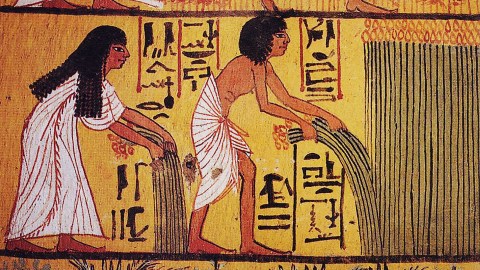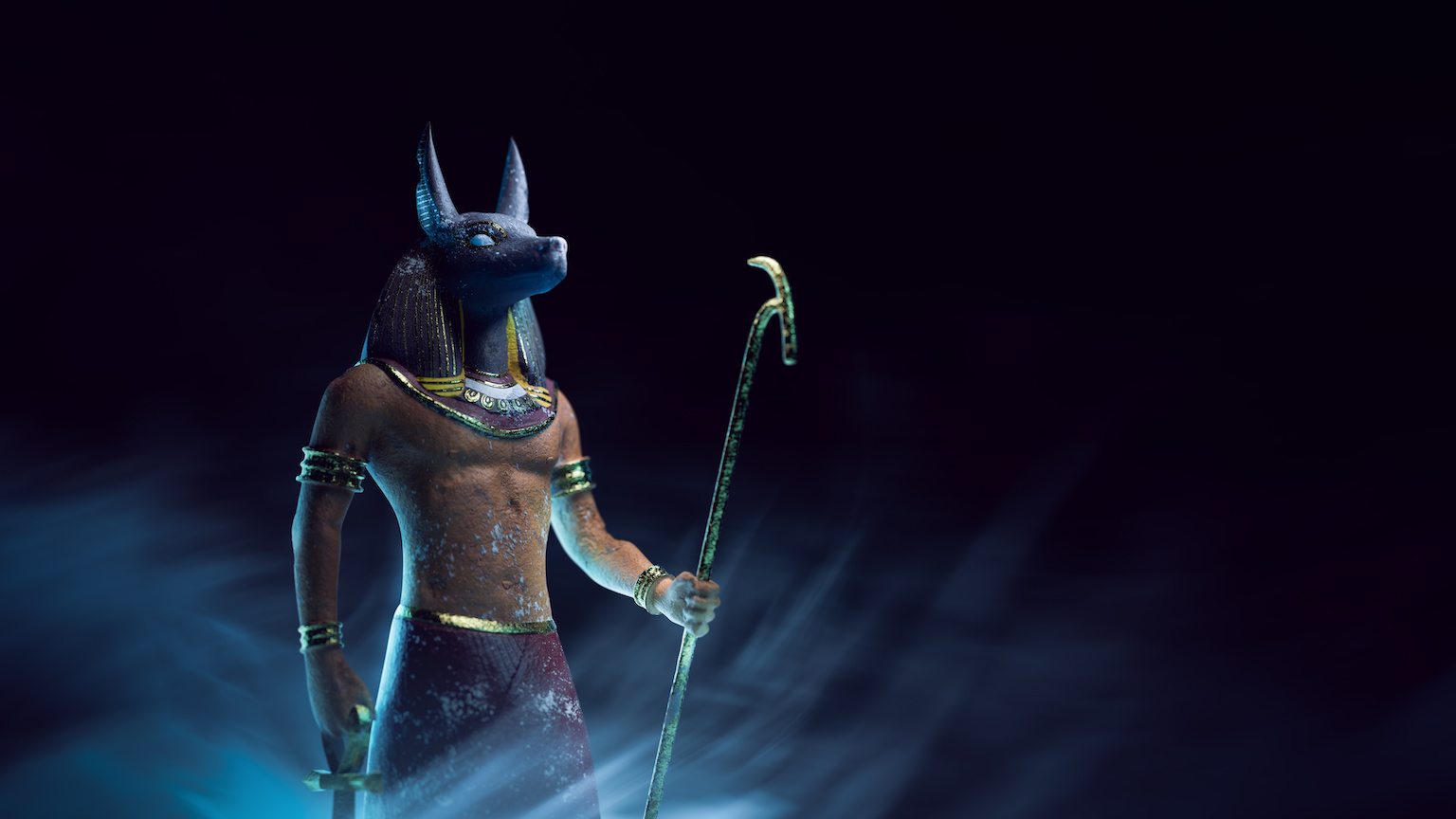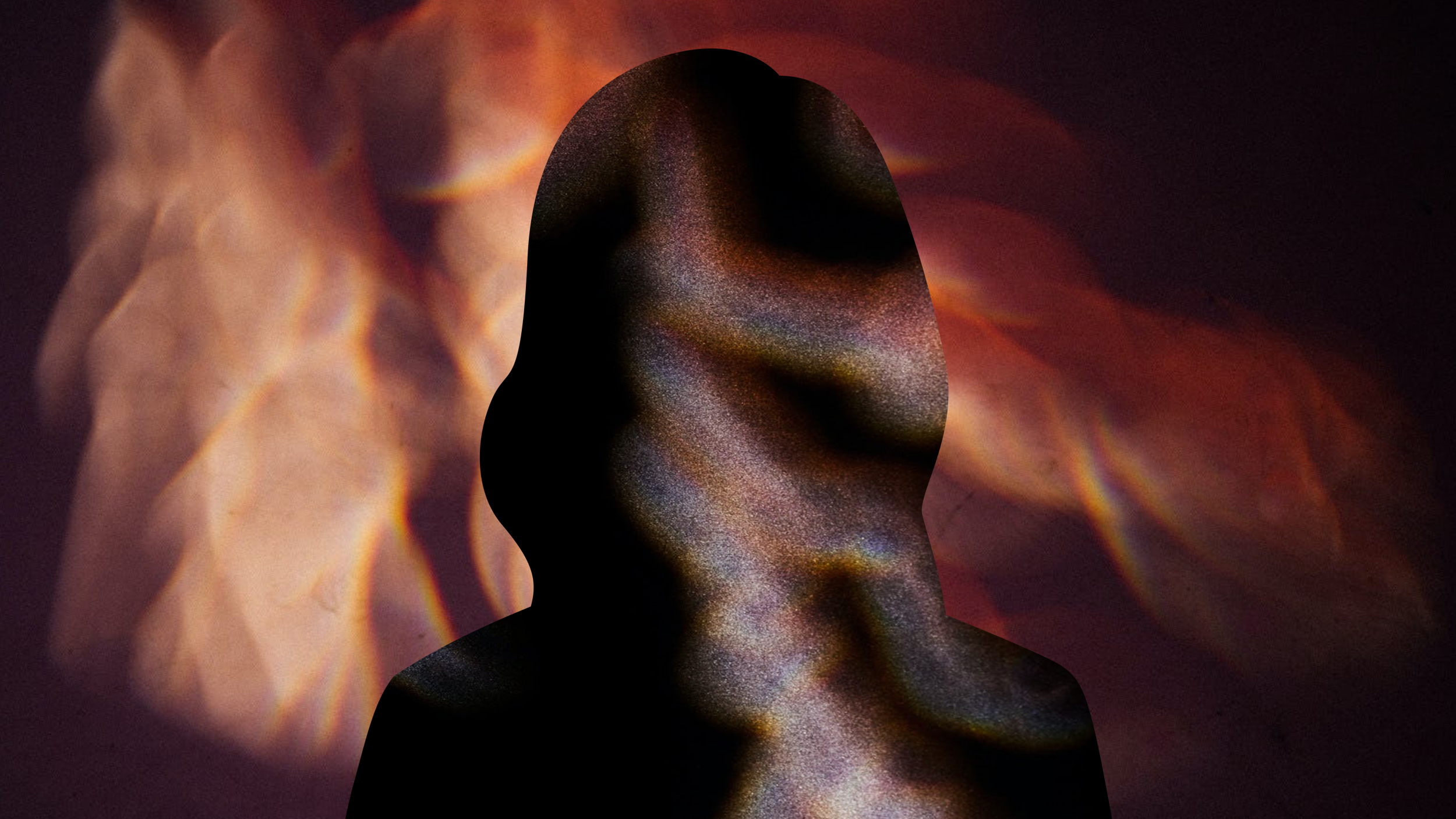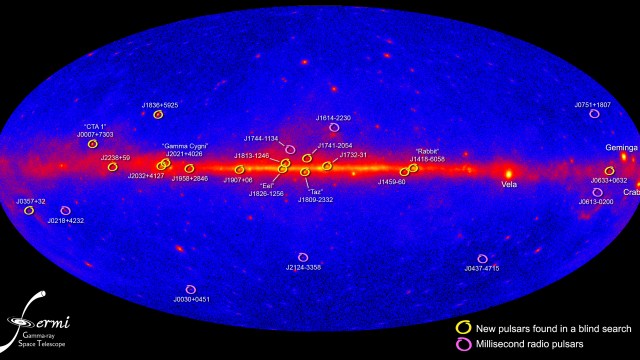We asked Big Thinkers: “Is there life after death?” Here’s what they said.

- Death is inevitable. Given how universal, absolute, and terrifying death is, it’s no wonder humans have been talking and writing about it for millennia.
- Here we explore how several Big Think guests think about the question of life after death.
- Their answers range from existentialist to Einsteinian to a potential future that sounds like science fiction.
You will die. No matter how powerful you are, how hard you pray, or how sophisticated nanotechnology becomes, you will die. The vast majority of people can see their death approaching. We have a lot of time to think about it. Yet, death remains a great mystery — the veil behind which no one can peek.
Given how terrifying and unknown death is, it’s no wonder we talk about it a lot. It’s not too ridiculous to suppose that almost all the world’s religions are, to some degree, a response to death. Most of our philosophies are, too. In 2020, Big Think interviewed some big names in academia. They gave us their answers to the “What happens after we die?” question.
Here, we explore some of their responses.
Existential uncertainty
Bertrand Russell, an atheist, was once asked what he would say if, when he died, he came face to face with God. Russell replied, “[I would say] ‘Sir, why did you not give me better evidence?’”
If you’re coming at religion from a scientist’s mindset, there’s not much to say. There’s really no evidence either way. We have neither verifiable testimony nor falsifiable claims. When you’re entirely stuck on a physical plane, you cannot say much about the metaphysical one. As Sam Harris says, “I don’t know what happens after the physical brain dies…I don’t think anyone does know.”
The only fact we do know is that we will die. And it’s this fact that, for Bill Nye, is so important. Because we do not know what happens after death, and because we’re faced with the possibility it might be nothing, we turn to life with a kind of vital energy. Death’s approach gives impetus to our mortal existence. As Nye puts it, “It’s what makes us go. And it’s what makes you try to accomplish things … All of [our decisions] are driven by the limited length of life we have.”
For Nye, Rob Bell, and Michael Shermer, life after death is a mystery, but with that comes an existential rush to get things done. It lets you appreciate the time you have more.
Time is a landscape
Astronomer Michelle Thaller uses Einstein to give us a screenplay that’s just waiting for Christopher Nolan. For Thaller, you are already dead. At least, you’re dead from a certain point of view. As she puts it, “Einstein believed that you, right now, had been dead for trillions of years; that you haven’t been born yet; that everything that’s happened to you, if you could get the right perspective on the universe, you could see all at once.”
Although it’s old news to anyone inside physics departments, time isn’t linear. It’s not even a thing, really. Time is all about your location and the speed of light. If you alter those two variables, you can look at the past and see the future. Einstein believed that space-time was a substance created at the Big Bang, and every point along that continuum is just as real as the “present.” You, reading this, happen to exist on one point on that surface. But that’s no more real than any other.
So, from one point of view, you’re already dead. You haven’t been born. Or you have to relive this minute over and over and over again like some Nietzschean nightmare.
Life is not biology
The third category is either techno-optimism or techno-dystopia, depending on your preferences. This idea might sound like science fiction: Imagine uploading yourself to the immortal cloud (and hoping no unfortunate intern accidentally unplugs the power supply).
For theoretical physicist Michio Kaku, in the near future, “Everything known about you can be digitized.” Your memories, your personality, your quirks, and your entire neural network can be uploaded or saved somewhere forever. Your body will age, your organs will stop working, and your body will break down. But in this new digital afterlife, you can talk with your descendants. You can live digitally.
There are a lot of problems with this. There are just as many unknowns as death itself. We still don’t know what consciousness is, let alone if we can reproduce it. What’s more, as the French philosopher Merleau-Ponty knew, our bodies are not fleshy tools to dispose of at will. Our existence is embodied. Our entire being exists only in a physical body. It’s hard to imagine what Kaku’s immortality would look like. As Bill Nye asks, “Do you want to be stuck in an Apple product the rest of your life, or do you want to be stuck in a Microsoft product? It’s a tough call.”
I’m not sure it’s that tough, Bill. I’ll take Thaller’s version of Groundhog Day, I think.





